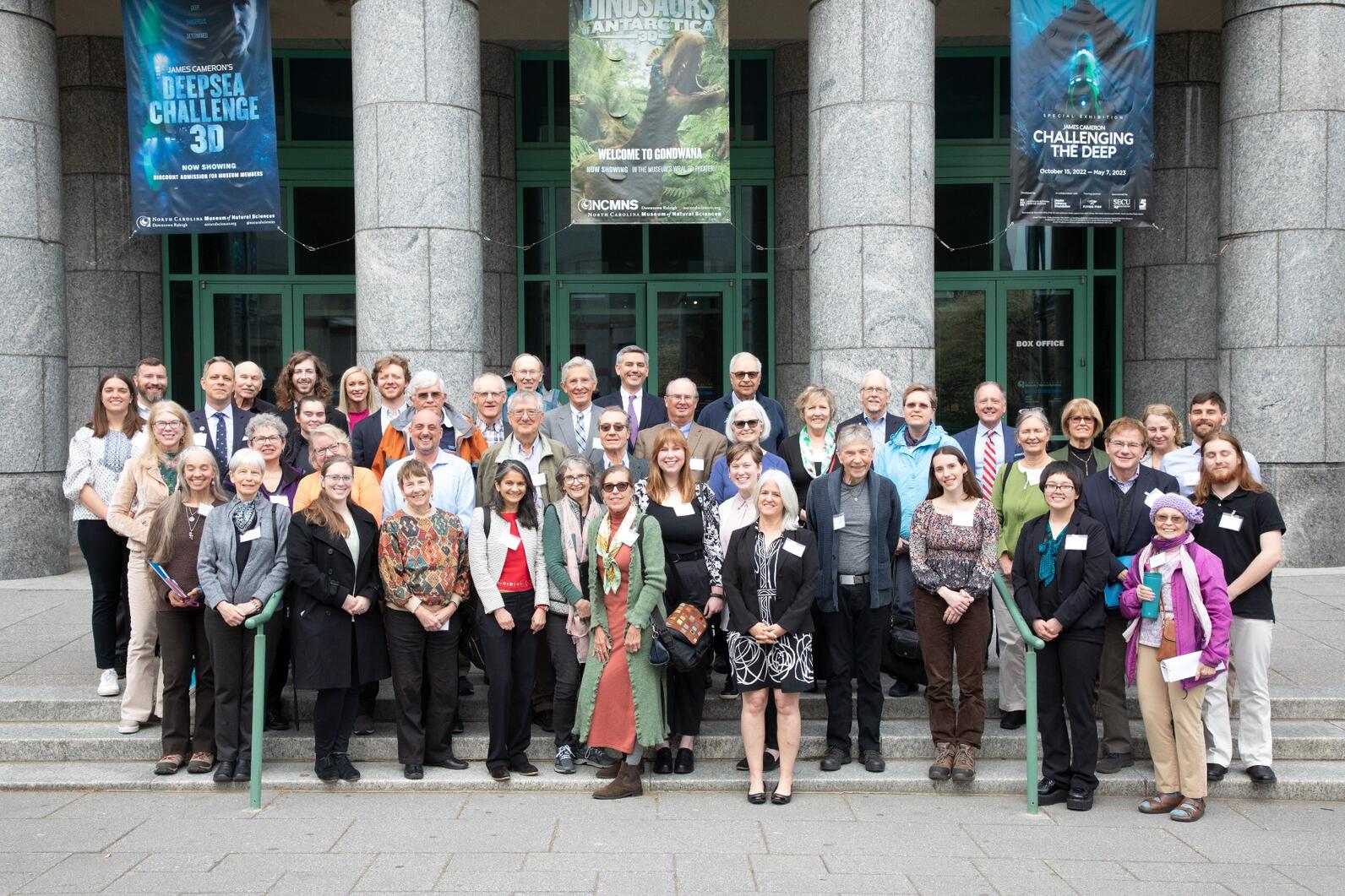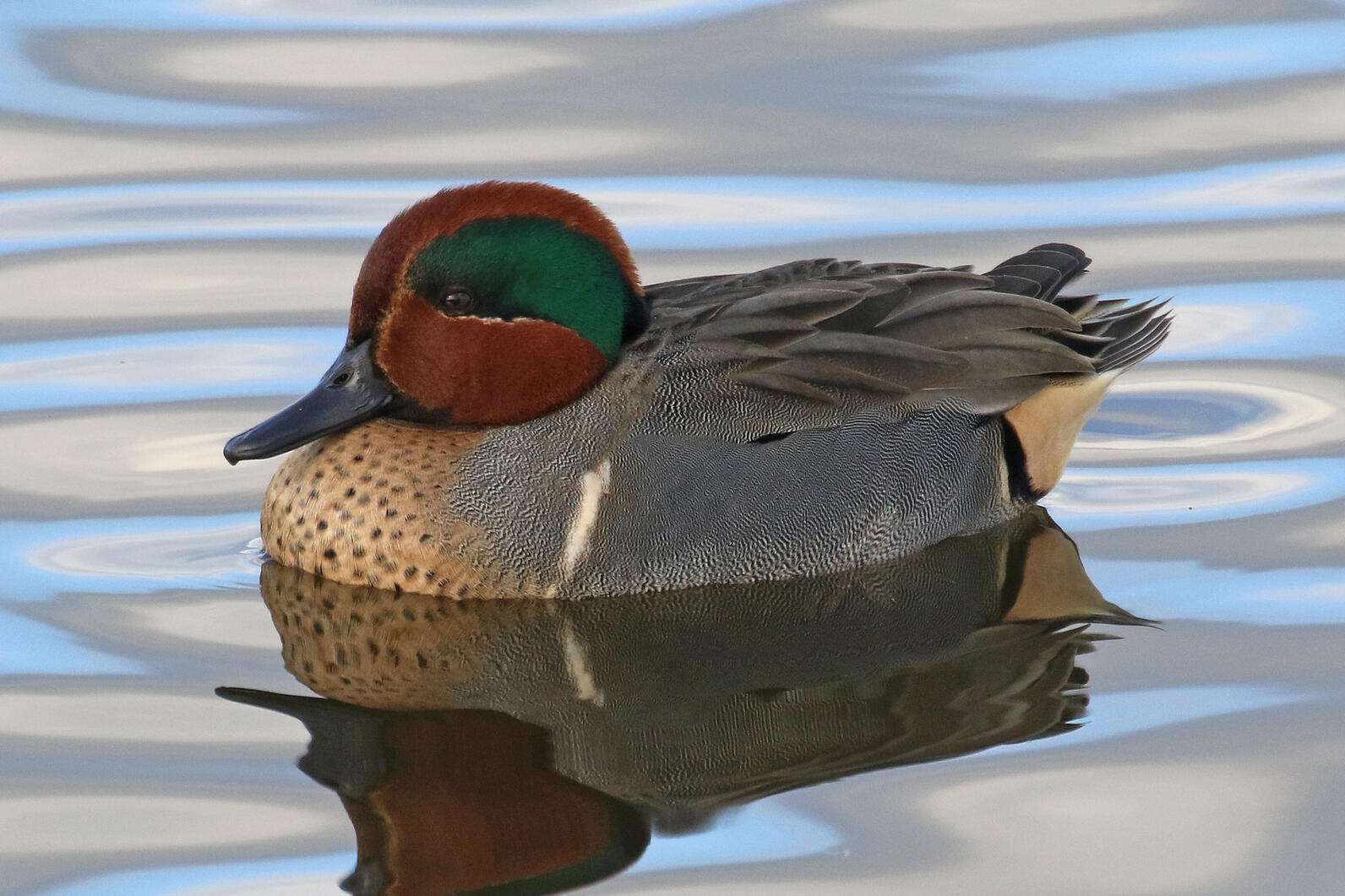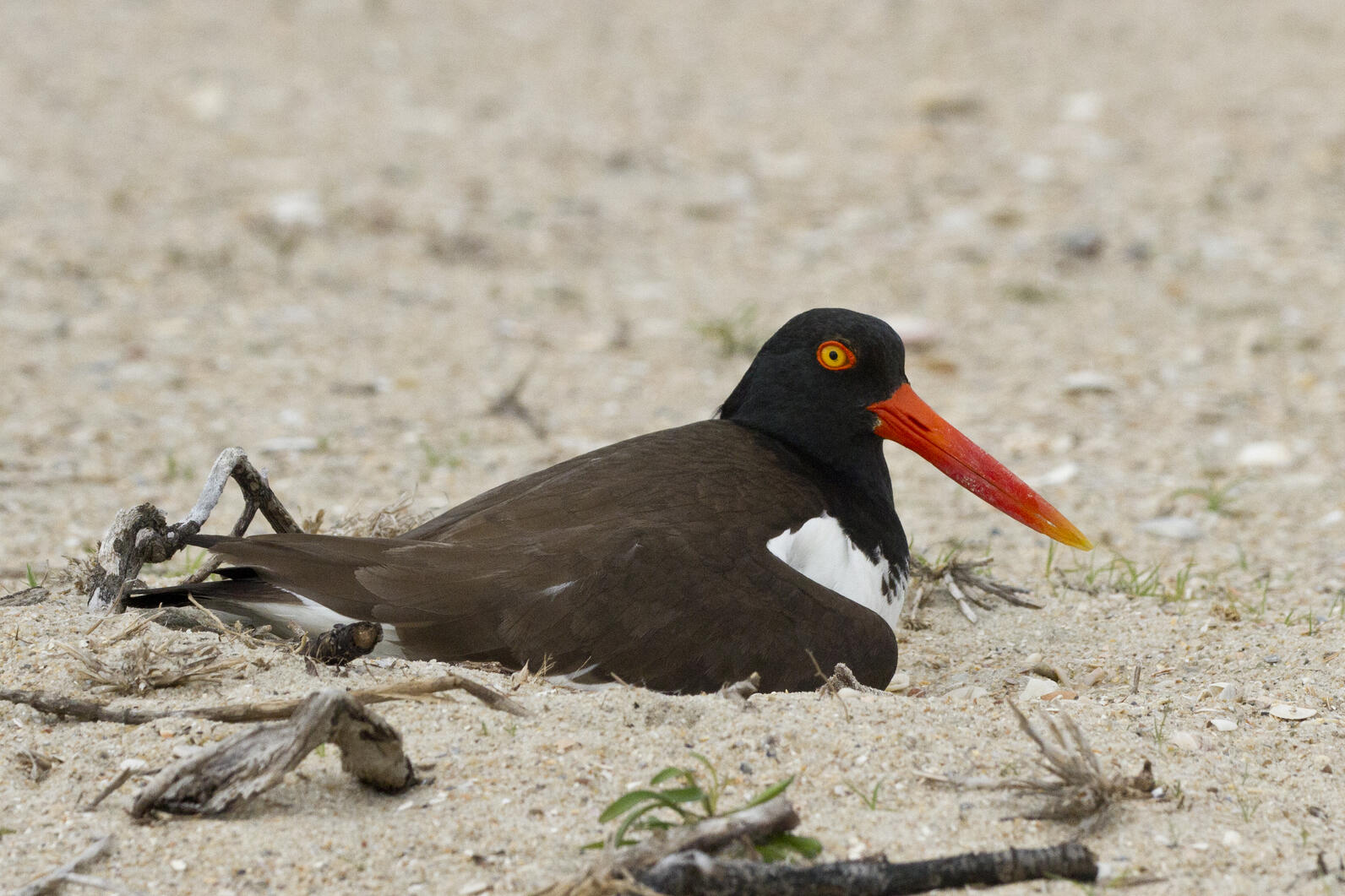The legislative session has finally wound down in Raleigh. With the dust mostly settled on bills and the budget, we’re taking stock of what it means for birds. Overall, it was an up-and-down session. Audubon members helped pass a landmark native plants bill, but we also saw several key protections stripped for birds and the habitat they need to survive.
Read on for a full recap. If you’d like to get regular advocacy updates during the legislative session, sign up here.
Native Plants Act passes
We won a big victory for birds this fall, when the legislature passed a bill that requires native plants for landscaping at all state parks, roads, and historic sites.
Audubon members spent years advocating for this bill—meeting with lawmakers at Advocacy Day, signing petitions, and recruiting nurseries and garden stores as supporters. A special thanks to bill sponsor Senator Bill Rabon, who has been a native plants champion at the legislature
In addition to the direct benefit for birds on state property, the bill will also help increase demand for native plants and help make them more available, which has been a key hurdle to widespread adoption of native plants.
The fight for native plants is not over and we will continue to work to expand the use of native plants at the state level and to work with chapters on implementing native plant policies at the local level.

Budget includes conservation funding increases
The native plants bill passed as part of the state budget, which also included increases to the conservation trust funds, another issue that Audubon members spoke up for at Advocacy Day.
The budget includes $30 million in 2024 and $28 million in 2025 for the Land and Water Fund, and the same amounts for the Parks and Recreation Trust Fund. This represents a $4-6 million increase in annual funding. The conservation trust funds are the most important tool we have for protecting more habitat in the state.
We also saw the inclusion of $25 million over the next two years for trails, securing North Carolina’s place as the Great Trails State. This will help complete and maintain trails, giving everyone better access to natural areas, helping folks get active, and, hopefully, checking out some birds.

Loss of wetlands protections
North Carolina’s wetlands and the birds that rely on them were dealt a one-two punch this summer.
First, the U.S. Supreme Court issued a ruling in the Sackett v. EPA case that severely limited the definition of wetlands under the Clean Water Act, removing protections for our country’s many isolated waterways that are seasonal or disconnected from large bodies of water.
Shortly after, lawmakers in North Carolina added a provision to the Farm Bill that barred the state from adopting stricter wetlands standards than federal law. The end result is that approximately 2.5 million acres, which is more than half of North Carolina’s wetlands, no longer have protections including many of the mountain bogs in the west, isolated wetlands in the Piedmont and the critical pocosins in eastern North Carolina.
This all happened on a condensed timeline. Audubon members across the state activated quickly and reached out to their lawmakers, but the Farm Bill passed and a veto from Gov. Roy Cooper was overturned.
We are working with a coalition of groups to undo the damage and strengthen protections for wetlands. Stay tuned for ways to get involved in 2024.
Law removes dredging protections for birds and marine ecosystems
Buried deep in the Regulatory Reform Act (House Bill 600) that passed the legislature were two changes that will have bad ramifications for how the state manages dredging on our coast.
The first provision bans the state from using dredge windows, which are a standard tool used by federal and state agencies to avoid dredging during times of year when specific biological resources are most vulnerable, such as fish spawning or bird nesting seasons.
Under the change, only federal dredge windows can be put in place, which can only be used to protect the few aquatic species that are federally listed (like sturgeons and sea turtles). This leaves many state-designated aquatic habitats and species without protections at critical points in their lifecycles, including fish, shellfish, and other organisms that underpin our state’s fisheries.

Current dredging windows also allow leftover dredge material to be put to good use by placing it on bird-nesting islands in the fall or winter, before bird nesting begins. By banning state dredging windows, more dredging will take place during spring and summer, when leftover dredge material can’t be used to sustain habitat.
The second provision adds three new inlets—Mason, Rich, and Tubbs—to the list of inlets that can received state funding for shallow-draft dredging.
Our concern is that two of these inlets—Tubbs and Rich—are among the least disturbed in the state. Natural inlets are a valuable and limited resource in North Carolina, providing important habitat for birds and other marine life that support commercial and recreational fisheries. The change opens these inlets to unnecessary and potentially harmful dredging. The third inlet, Mason, already has a locally-funded dredging schedule in place to meet the community’s needs.
Audubon is working to educate state officials and agencies on the ramifications of these changes, and will be looking for fixes in the coming year.
Protections for family landowners pass the House
In the spring, the N.C. House passed the Uniform Partition of Heirs Property Act (HB 588), a bill that we’ve been working on for years to strengthen due process protections for family landowners and the wildlife habitat on their property.
The bill would help these families keep their land and habitat intact, and it needs to pass the Senate next year to become law. We are working with bill sponsors to build support in that chamber before the next session. More on the bill here.







